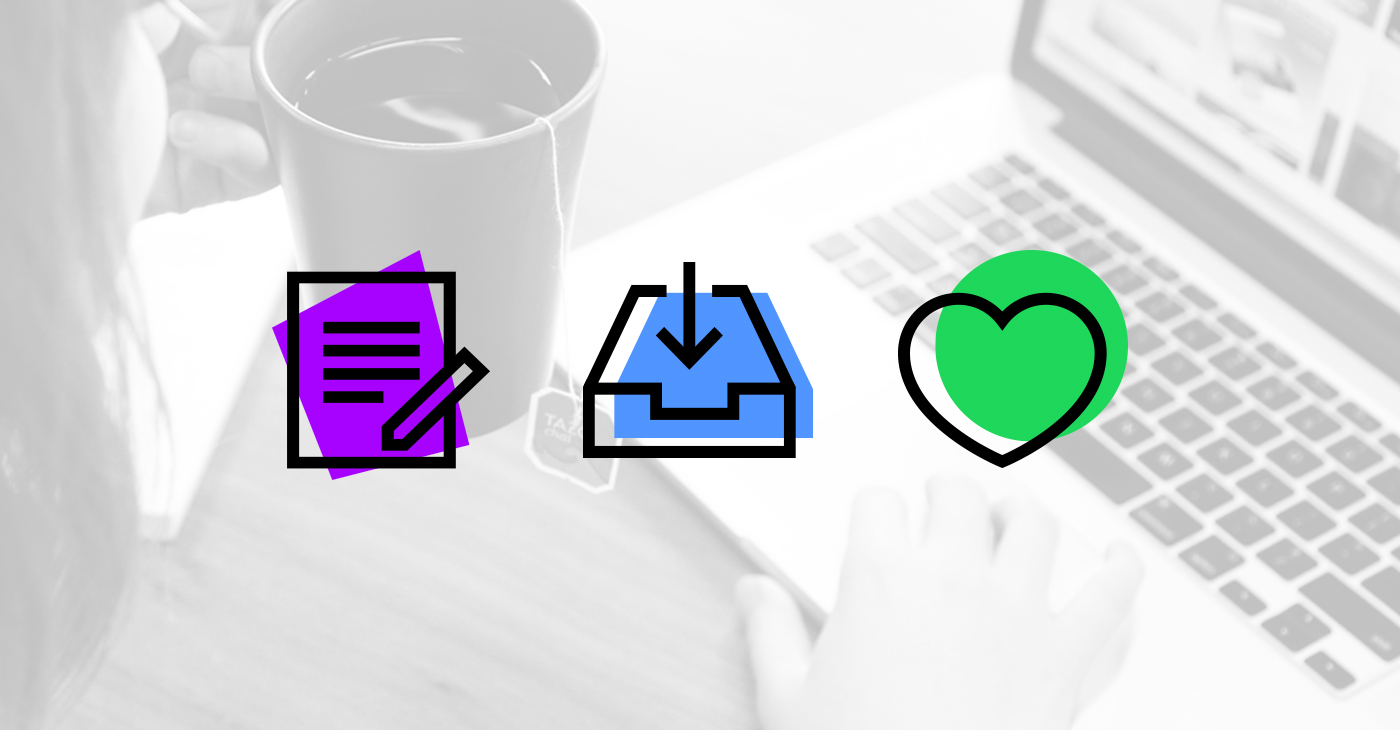Facebook began the month of February with a bang. It was on February 1, 2012 that the company filed for its initial public offering and set on a quest to raise around $5 billion. Soon, everybody’s favorite social network will be a publicly traded company with shares owned by investors from all over the world. To no surprise, the Facebook IPO is one of the most talked about stories on the interwebs. Eight years and more than 800 million users later, going public seems to be an ideal move. But is it the right move?
The Ups and Downs of Going Public
It is now well known that by going public, Facebook will make a lot people behind the scenes very wealthy. In fact, it is believed that anywhere from 900 to 1,000 current employees will become instant millionaires. This might make it appear as if the IPO is a part of some elaborate employee incentive compensation strategy, but that isn’t the case. It is more like Facebook’s hands were tied while backed into a corner, essentially leaving the company with no other choice but to file for an IPO.
Private companies are not subject to the same SEC (U.S. Securities and Exchange Commission) rules as public companies. However, all that goes out the window when the company amasses over 500 hundred shareholders, a number Facebook easily exceeds when factoring in all the parties that have invested in the social platform over the years. Now the firm is required by law to publicly report revenue, profits and losses, and other financial information to the SEC. The opportunity to cash-in is tremendous, but whether or not going public is a good thing for the company is something that remains to be seen.
Taking the IPO route went extremely well for Apple. It went even better for Google, to the point where even rival Yahoo was able to benefit by making an early investment while the company was still privately owned. IPOs traditionally provide a way for young businesses to grow and evolve, but times have changed, and with that change it has become significantly harder for companies to go public and get the max benefits out of the deal. From eToys to Vonage, there have certainly been more than enough IPO failures in the tech sector to use as examples.
Why Facebook Is Different
The two things Facebook has going for it that most of the IPO flops didn’t is a good product and, most importantly, huge demand for that product. Even if the company miraculously collapses by this time next year, you can bet that one social networking player or another will be residing in its space. If Facebook has one saving grace in all this, it may be that Mark Zuckerberg retains control – well, most of it. According to reports, Zuckerberg will still have roughly 57% of the power in terms of decision making capabilities and continue to preside over the day-to-day operations. In the end, the young entrepreneurial prince will have his hands full, no doubt.
There are so many legs to the Facebook IPO that it is easy to forget about the most important factor in the equation: the users. How will they be affected by all this? Other than having to deal with more advertisements, which is becoming an increasingly dependable revenue source for the company, no one really knows. Facebook will soon have the weight of the world on its shoulders but no matter how hectic things get, it can never lose focus on the importance of keeping the user happy. Once the collective user base gets disgruntled, the party’s over.









